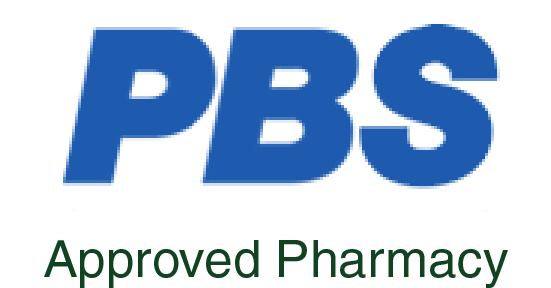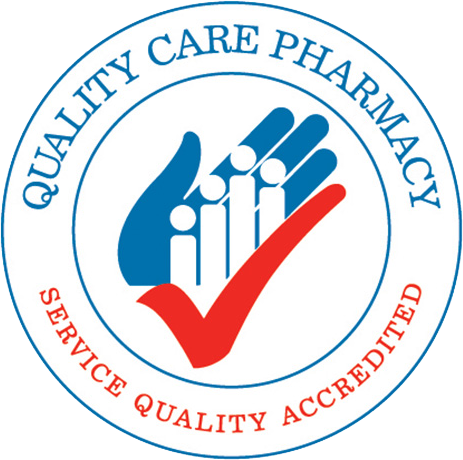Tics and Twitches
These are involuntary contractions of a muscle or muscles.
What to look for
-
a brief, flicking sensation confined to a small part of the body, such as the eyelid; usually indicative of a harmless involuntary muscle contraction.
-
a repetitive, uncontrollable, purposeless contraction of an individual muscle or group of muscles, usually in the face, arms, or shoulders.
-
more severe trembling.
Tics and twitches are involuntary contractions of a muscle or group of muscles. They come in many forms and have a variety of causes, some mild and some serious.
Causes
Movements such as mouth twitching, and excessive blinking may be signs of a minor psychological disturbance. They are usually childhood afflictions and the child will normally grow out of it.
Tics or twitches are sometimes caused by neurological disorders. This condition may result from brain damage at birth, head trauma, or use of certain medications.
If you drink too much coffee, or are withdrawing from alcohol abuse, you may also experience trembling or shaking of your body or limbs.
Traditional Treatment
Tension-related tics or twitches usually disappear on their own, especially if you take steps to reduce stress. If the twitching is the result of taking certain medications, speak with your doctor who may be able to switch you onto something else.
If tics are severe and persistent and there is no clear physical cause, your doctor may prescribe other medication to control it for you.
Alternative/Natural Treatments
Herbal Therapies – Taking hops may relieve symptoms of facial tics and twitches. Taking hops may relieve symptoms of facial tics and twitches.
Dietary Considerations
Avoid excessive alcohol and caffeine consumption. Try to eat well and exercise regularly.
Personal Care
Avoid fatigue, stress, and caffeine. Replace coffee and tea with herb teas, coffees made from roasted cereal grains and dandelion roots, and carob.
When to seek further professional advice
-
your tic or twitch is persistent or recurs often










